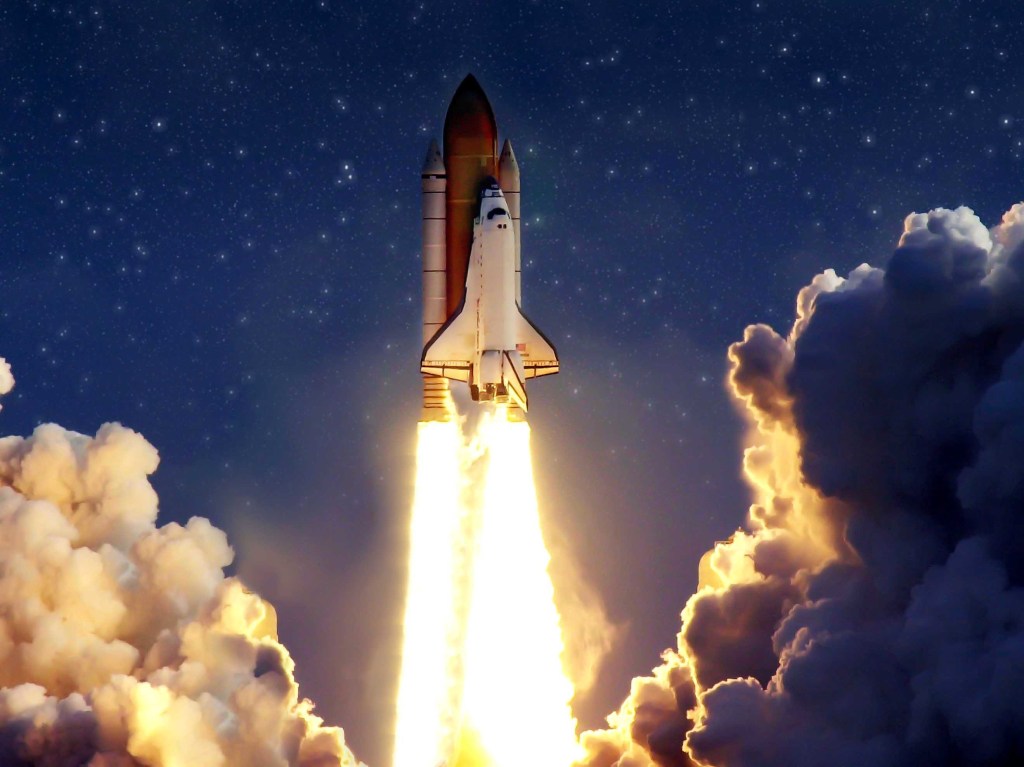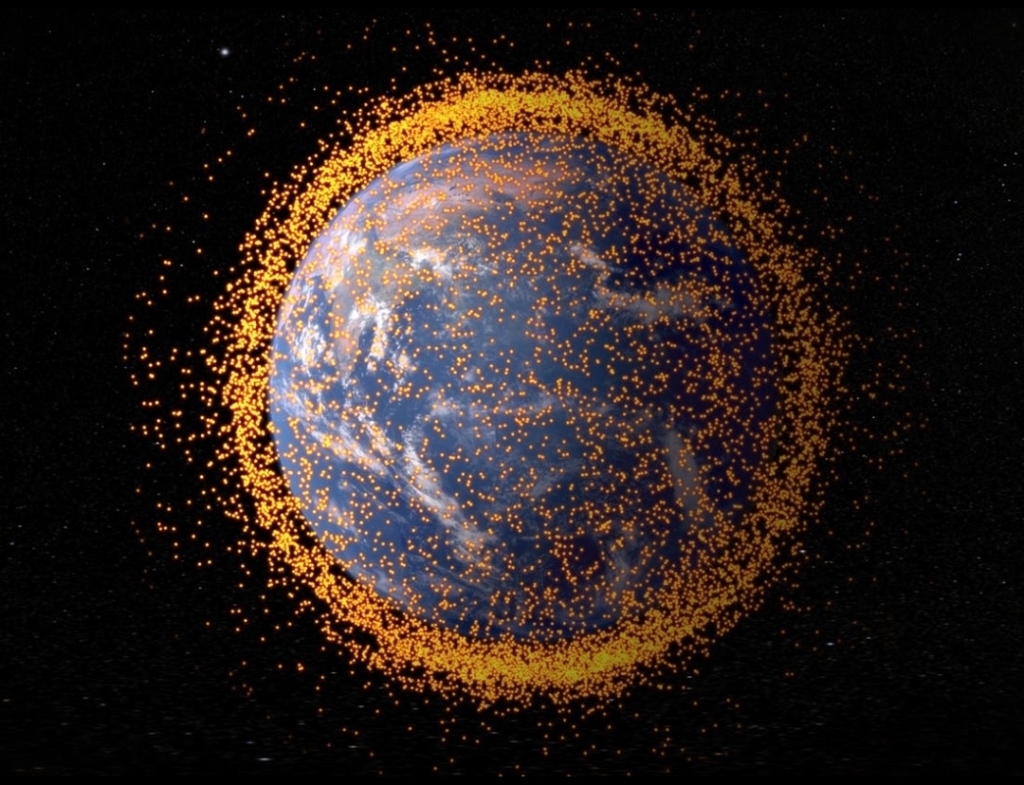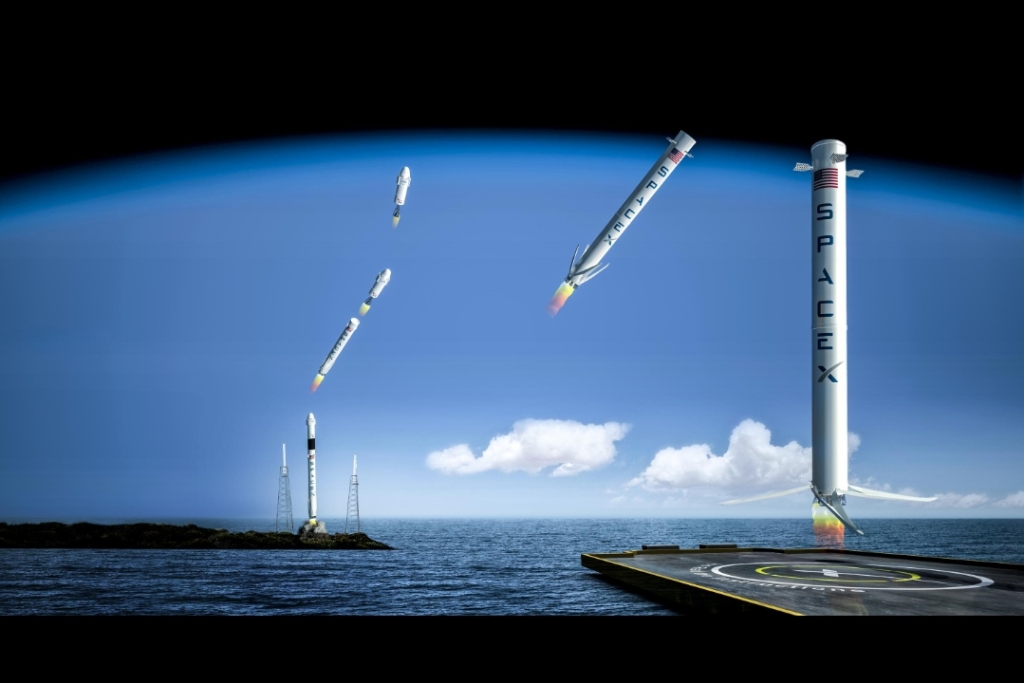Space travel is the most exciting and challenging adventure humanity has ever undertaken. But, ironically, we might stop ourselves from going into space, the more we do it. With every rocket launched and every satellite launched, we are creating a kind of prison, which gets deadlier and more dangerous every year.

If it’s ever activated, our space age might come to an end, trapping us on Earth for decades or even centuries. Getting something into space is incredibly hard. To do so, you need to move very very fast, at first straight up the atmosphere and then, sideways to begin a sort of circling around the earth still very very fast. Once you do it successfully, you’ll enter a low earth orbit. It’s equally hard to get out of orbit. Unless you have fuel to spare, you’re sort of locked in here, falling around the earth forever. That’s great for things we want to stay up and still in orbit, like satellites or space stations. And so we move a majority of human space infrastructures at that altitude, just a few hundred kilometres above the surface. Just high enough so that the atmosphere is thin, so that the orbiting things can stay up in the atmosphere for centuries before air resistance slows them enough to bring them back to Earth.
But this is also the source of our deadly trap. Rockets are just different metal cylinders that keep big amounts of fuel. Whenever a portion of the fuel is spend, the empty cylinders are detached to make the rocket lighter. Some parts (usually the smaller ones) burn down in the atmosphere or fall back to Earth, but most useless rocket parts ( the big ones) catch a low Earth orbit and start orbiting the planet. After decades of space travel, low earth orbit is a space junkyard filled with old and destroyed satellite and rocket parts.
Right now, we know that there are around 2600 satellites; 10,000 objects bigger than a monitor; 20,000 of the size of an apple; 500,000 of the size of a marble and atleast 100,000,000 parts so small that they are untraceable. All of this debris is moving at the speed of about 30,000 km/h, circling earth on crisscross orbits multiple times a day. To get a better idea of the speed, remember this: Getting hit by a debris of the size of pea (about 1cm), is equal to getting shot by a plasma gun and getting vapourised. On impact, the debris releases so much energy that it can punch holes through solid metal.
So we have covered our planet with millions of deadly pieces of destruction and also, we have put trillion dollar projects (satellites) in the danger zone. Satellites have helped us a lot, from gathering weather intel to predicting and observing asteroids. If just one pea sized debris bullet hits one of our 1100 working satellites, it would be destroyed instantly. Every year, about 3-4 satellites are destroyed this way.
As the number of satellites as well as space debris is going to increase tenfold in the next decade, we are reaching a tipping point. Single space debris isn’t the main danger. The main threat is a slow but deadly chain reaction. For example, if 2 satellites collide, they don’t fall back to earth and burn up in the atmosphere. Orbital speeds are so high that the collision between two satellites results in a splatter of small and big debris, each piece still strong enough to destroy more satellites. Thus, creating a slow but deadly chain reaction. More like shotgun bullets which spread out; which was once a single bullet turned into several deadly pieces of destruction.
As more and more satellites are destroyed, the rate of destruction of satellites as well as debris increases exponentially destroying everything parked in orbit. But space is too empty, so before we even realise it will be too late. Say, 1 year 1 satellite is destroyed which is common. The next year 5 is destroyed, the year after 50, and further increases exponentially.

In the worst case scenario, a debris field made of hundreds of millions of space junk, many too small to be even traced, each moving st 30,000 km/h. It would create a deadly barrier around Earth, possibly too deadly to cross. And thus, dreams of Mars & Moon bases, space colonies, etc. might be set back for centuries. But, it might not be too late to clean up our mess. Afterall, the space industry has improved from reusable rockets to anti satellite tests.

Solutions: There are a lot of propositions and ideas to quickly remove the space junk from the orbit. But the important thing is that in the process of removing those junks, we shouldn’t create more. One of the mostly considered ideas is capture and return missions, thereby, not creating extra junk while going to clean up. Precisely, a satellite with a net will be placed in the orbit, which will then identify and capture those junks; a rocket will then be used to bring it back. Targets too large for a net might be captured using a harpoon. And use own thrusters or things similar to parachutes or hot sir balloons, to glide it down through the atmosphere and thus, allow atmospheric air resistance decay do it’s job.
Another idea is using giant electromagnets. They work by interacting with the magnetic components of the debris. They are more reliable as they never come in contact with the debris, and thus the risk of getting destroyed and creating more junk is lowered. It will push the debris below the low earth orbit, so that they fall down to earth and the atmospheric friction burns them down. Lasers too can be used too. They will vapourise debris from a distance and thus, are safer too. Even if huge debris can’t be vapourised or destroyed, they could be pushed below the orbit.
Whatever technology we use, we need to do it before those millions of debris become trillions and trap us inside. Thus, we need to act soon or else our adventure in space might end before it even begun.
**** Written by Saurav****
😍This is really beautiful
I got to kno many things from this blog
LikeLiked by 1 person
Thank you
LikeLike
Hey this was wonderful… I mean i came to know many unknown facts from this blog… Keep on writing 🖋💙✨😊
LikeLike
Amazing
LikeLiked by 1 person
Thanks man😁
LikeLike
Splendid 💕
LikeLiked by 1 person
Thank you
LikeLike